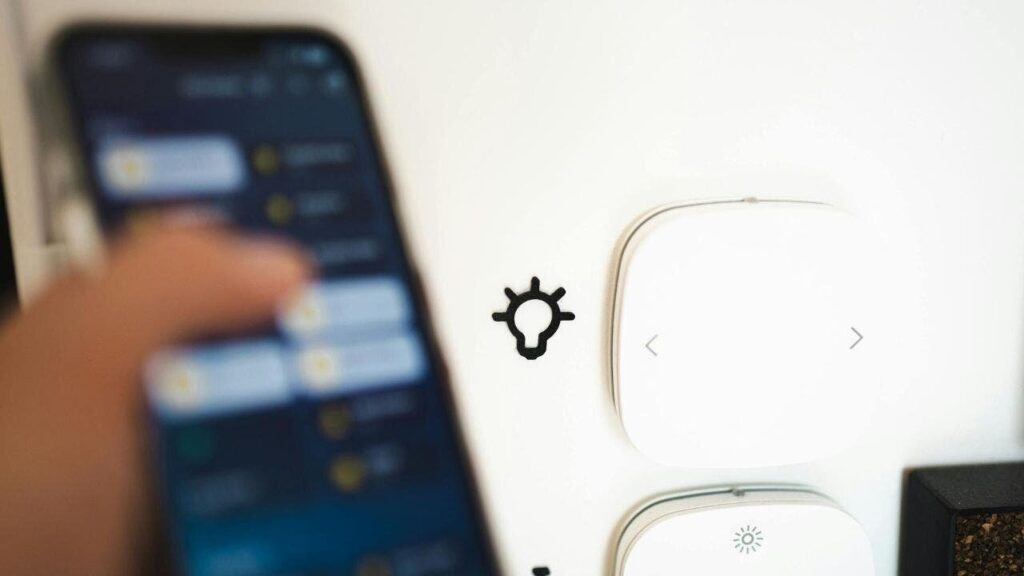In a stark reminder of the critical importance of cybersecurity, Mars Hydro, a prominent Chinese manufacturer of smart home devices, has inadvertently exposed a vast array of user data. This incident serves as yet another example of the potential pitfalls in the burgeoning Internet of Things (IoT) landscape, raising pertinent questions about the industry’s security practices.
This major breach involved a colossal 1.17-terabyte database that was left unprotected online. The database, which contained a staggering 2.7 billion records, was freely accessible to anyone who stumbled upon it. The compromised data included crucial information such as Wi-Fi network names and passwords, IP addresses, and device identifiers. It even encompassed details related to Mars Hydro’s widely used smart devices, like LED grow lights and hydroponic equipment, as well as data associated with its Mars Pro IoT software app. Adding to the complexity, the database also included references to LG-LED Solutions Limited, a company registered in California, alongside Spider Farmer, a producer of agricultural devices.
Security expert Jeremiah Fowler was the first to identify this vulnerability. Upon discovering the unprotected database, Fowler promptly sent a responsible disclosure notice to Mars Hydro and LG-LED Solutions, prompting them to swiftly restrict public access. Despite these efforts, it remains uncertain how long the database was exposed or whether any unauthorized actors accessed the sensitive data before it was secured.
While no personally identifiable information was reported to be exposed, the breach does highlight the inherent cybersecurity risks faced by IoT devices. The presence of unencrypted network credentials and other sensitive data could potentially be exploited by cybercriminals, allowing unauthorized access to networks, interception of data, or possible launching of cyberattacks. This incident sheds light on a broader issue within the IoT sector, where a significant proportion of devices operate on outdated or insecure platforms, leaving them open to exploitation.
The breach underscores a fundamental need for stricter data protection and cybersecurity measures within the IoT industry. A report by Palo Alto Networks has previously revealed that a significant percentage of IoT devices are highly vulnerable, often due to a lack of encryption and outdated software, making them susceptible to threats.
For IoT device users, especially those with Mars Hydro products, taking proactive steps to safeguard personal data is critical. It starts with changing Wi-Fi passwords and enabling two-factor authentication to add an extra security layer. Continuous monitoring of network activity for any anomalies and ensuring that all devices, including routers, are regularly updated with the latest security patches are vital practices. Furthermore, users should be wary of potential phishing scams and utilize robust antivirus software to protect against such attacks.
This incident serves as a wake-up call for both manufacturers and users of IoT devices. While companies hold the responsibility of ensuring secure data handling, individual users must also take steps to protect their networks. As the IoT ecosystem continues to expand, the conversation about the need for regulatory oversight and enhanced security standards is sure to gain momentum.


